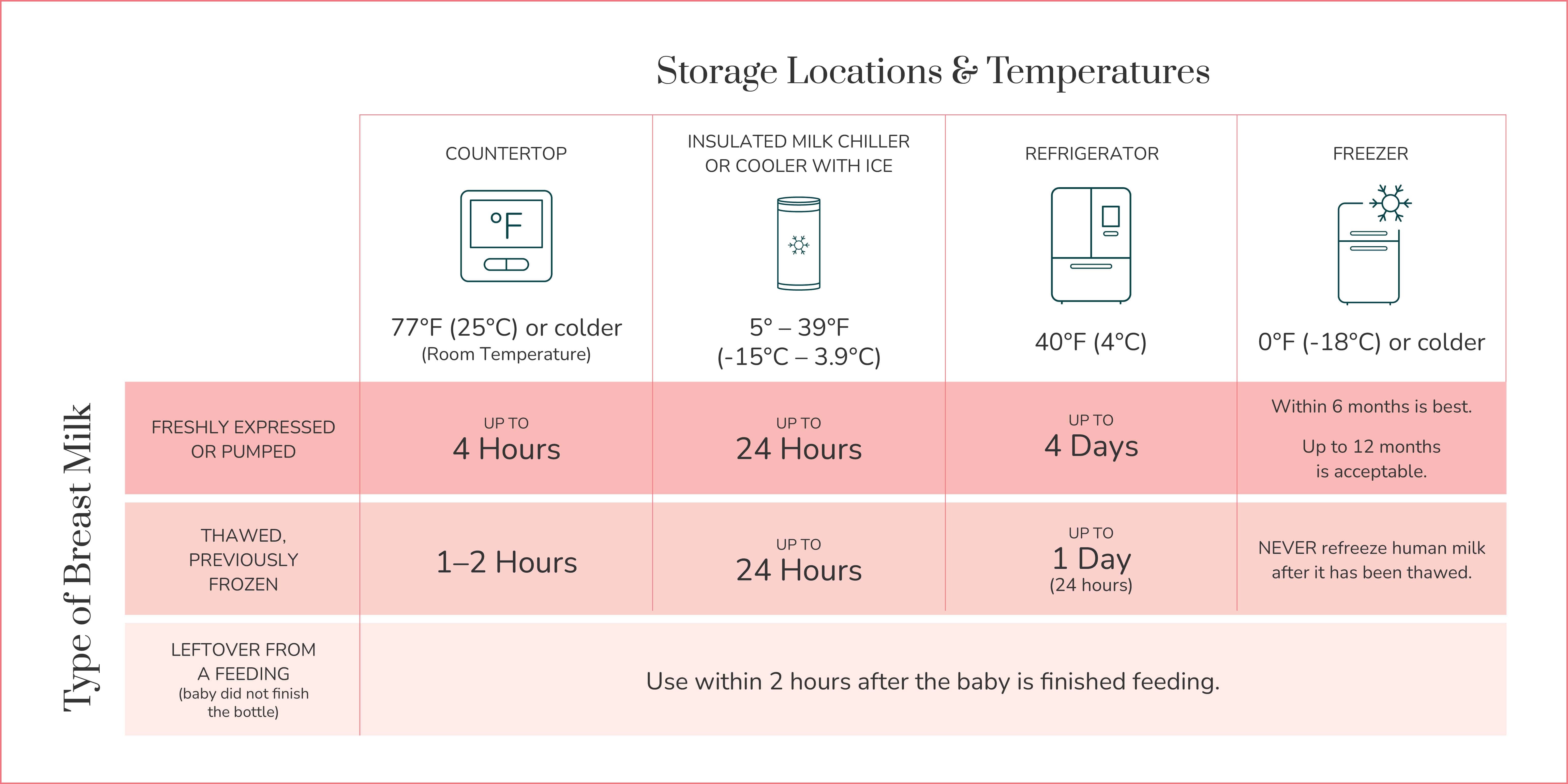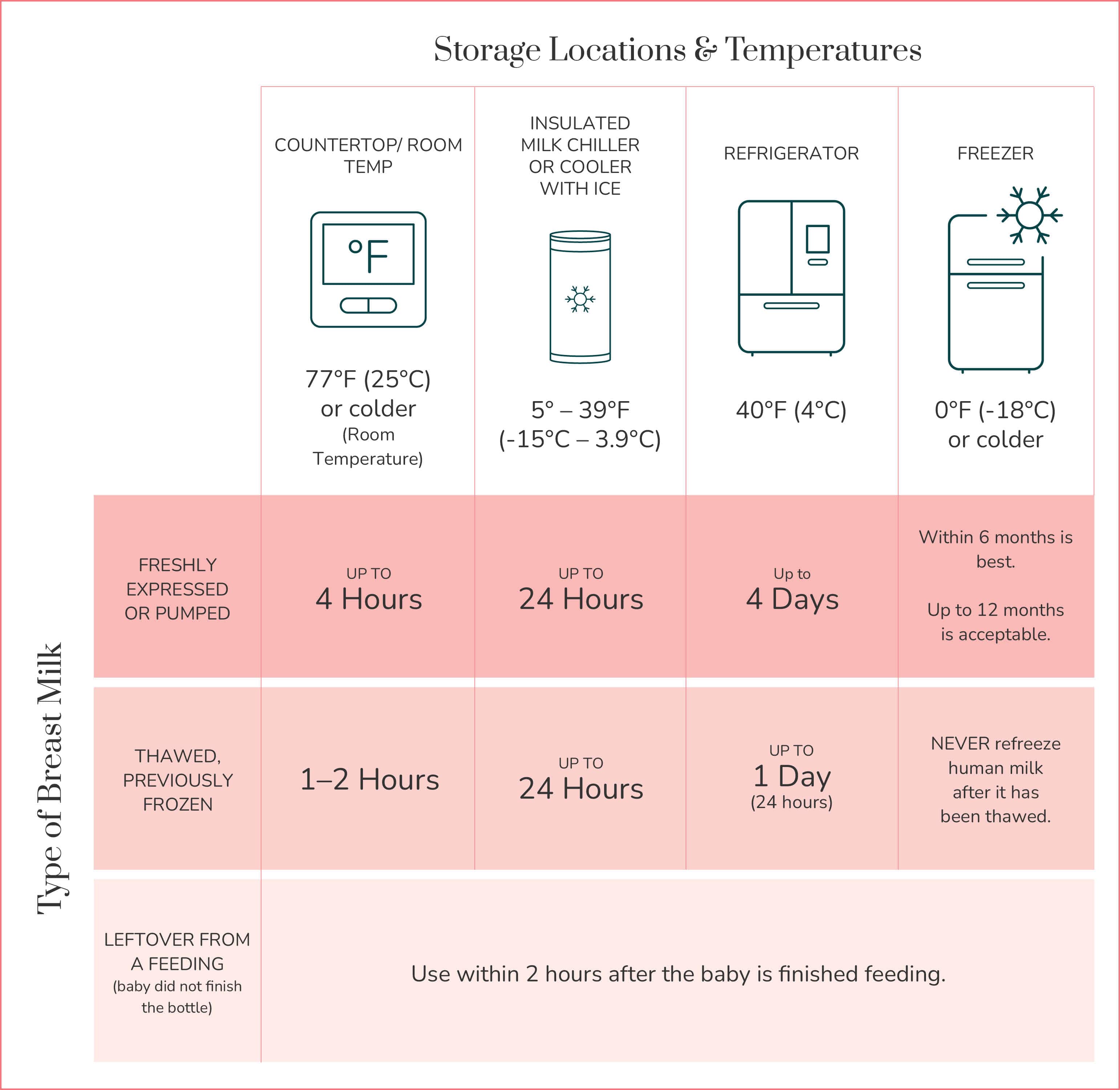

Milk Storage Bags are part of our Mother Pumper Program, designed to make your life easier with convenient monthly* deliveries. Many insurance plans cover free recurring milk storage bags and pump replacement parts. Simply follow the steps below to ensure you’re stocked with the pumping essentials and can focus on what matters most, your baby.
If you qualify, we’ll do all the work for you!
![]() Look out for our email & text confirmations about every 30 days.*
Look out for our email & text confirmations about every 30 days.*
![]() Simply confirm your information.
Simply confirm your information.
![]() Wait for your replacement parts and/or milk storage bags to arrive at your door!
Wait for your replacement parts and/or milk storage bags to arrive at your door!
*This may vary based on your insurance.
Why do I need Milk Storage Bags?
Breast milk storage bags are a great way to store your liquid gold since they take up less space, protect your milk from contamination, involve no clean up, and can easily be labeled and stored in your fridge/freezer.
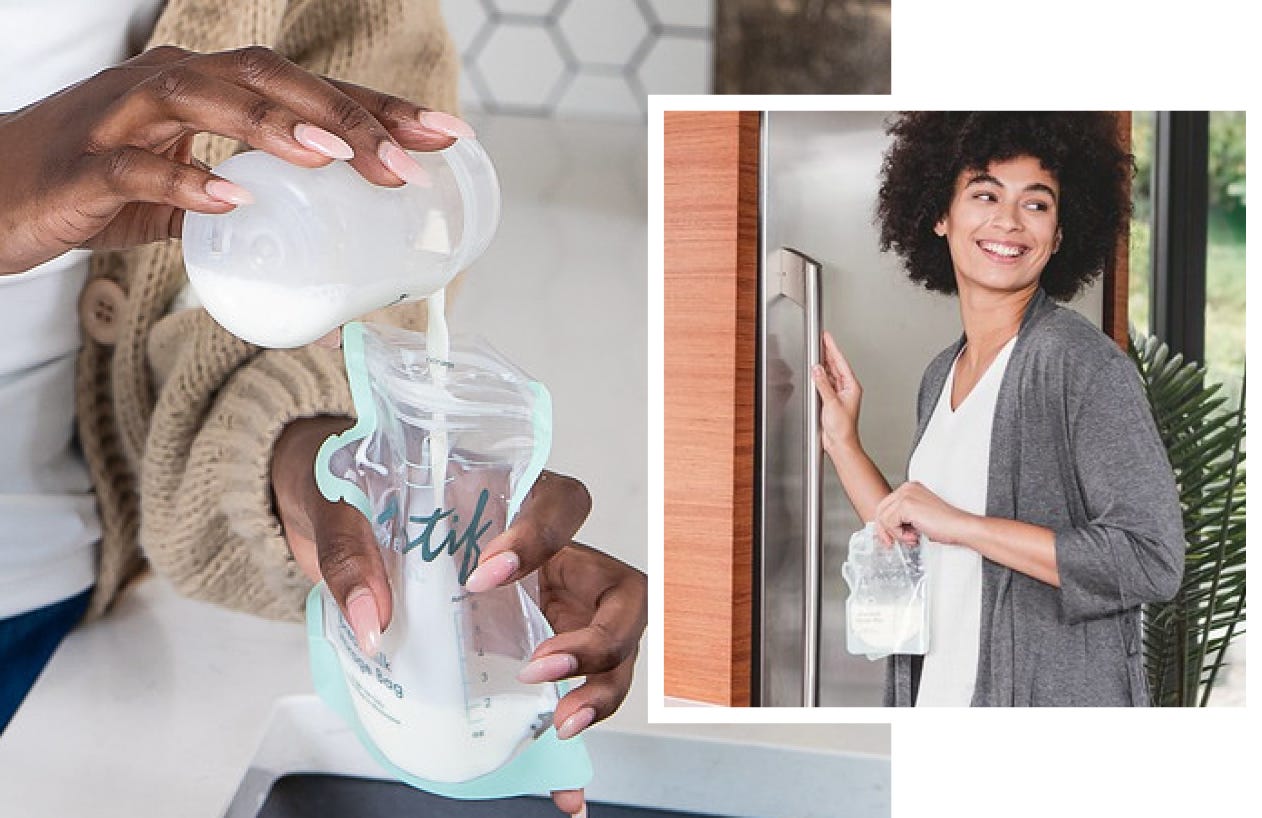

Depending on the amount of milk expressed, you may need 8-16 bags a day.
How to Use Milk Storage Bags
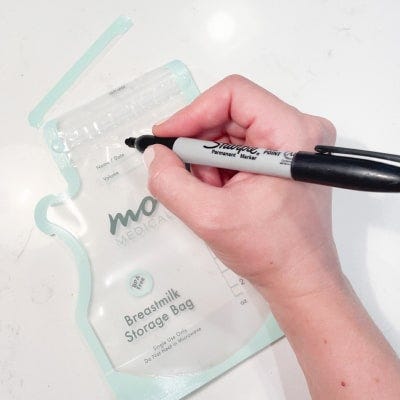

Step 1
Tear off the top plastic portion to open the bag. Using a permanent marker, write the date and time on the bag and any medications you took on the day you pumped.
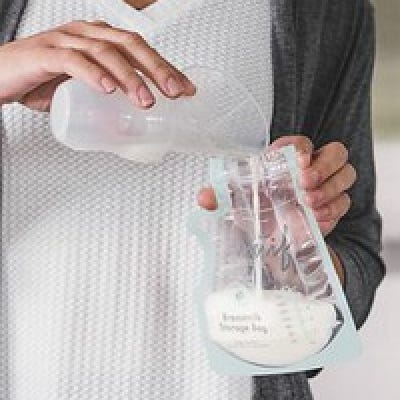

Step 2
Pour breast milk into the bag. The amount should be equal to what you expect your baby to eat in one feeding, for example 3-4 oz. Do not exceed 6 oz.
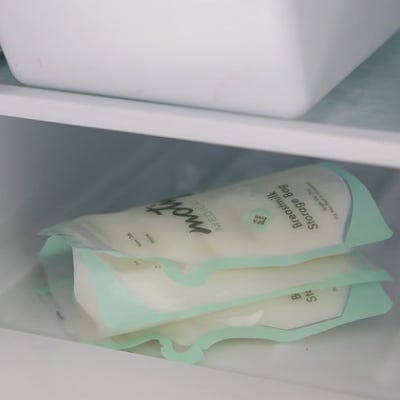

Step 3
Remove excess air and seal completely. Lay flat to freeze.
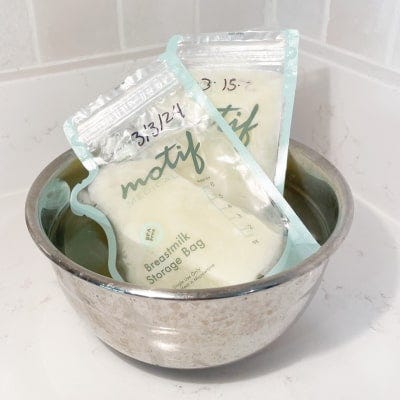

Step 4
To thaw, place upright in the refrigerator or place the sealed bag in warm tap water.
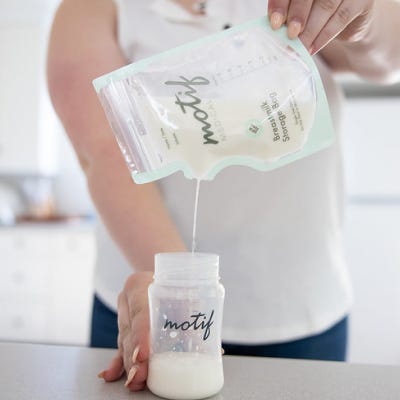

Step 5
Once thawed, pour the milk into a bottle.
Preparing for Your Return to Work
Returning to work after having a baby can be challenging since you’ll probably be away from your baby for several feedings. Pumping at work will likely be the solution but can raise questions like how often should you pump and how to store your breast milk. Use this guide to start preparing for your return to the office!
How To Incorporate Pumping
2 weeks before returning to work:
- Pump for 10 minutes following your first morning nursing session for the first few days and store the milk.
- Once you feel comfortable with pumping, choose a nursing session to replace, then pump for 15-20 minutes just before you think baby might be hungry.
- Feed baby this pumped milk.
- Once the bottle has been introduced, offering 2-3 bottles per week should help avoid future bottle refusal.
- If planning to go back to work, slowly increase the number of feedings that you pump and bottle feed instead of breastfeed.
- Most mothers need to pump every 3 hours while away at work.
How to Store Breast Milk
You might be wondering about best methods of storing your breast milk for when your baby needs it. Breast milk storage bags are a great way freeze and thaw your breast milk more quickly. They are designed to be pre-sterilized and disposable as well! Use our breast milk storage chart below to help!
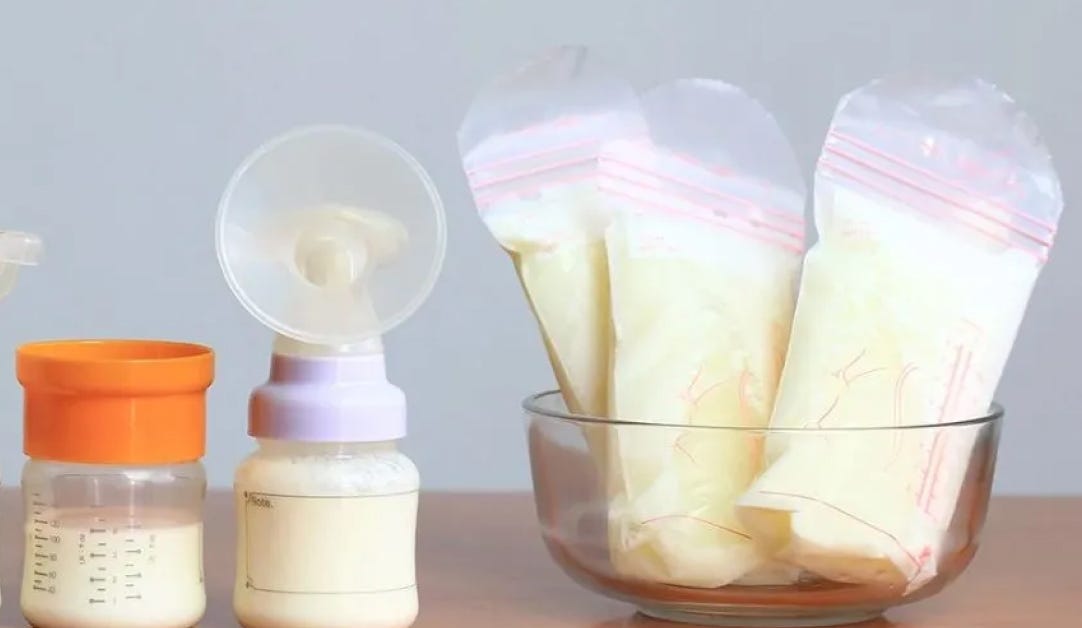

Qualify Now
Complete our insurance eligibility form and we’ll verify your coverage for every product and service we offer: breast pumps, lactation support, classes and more!

